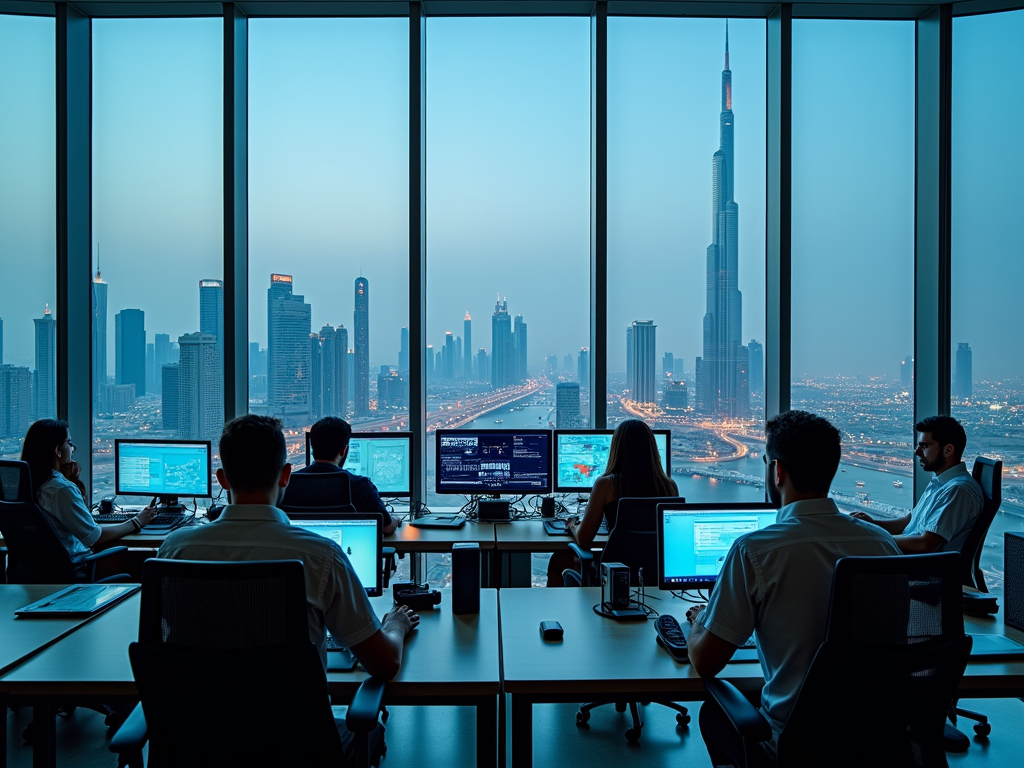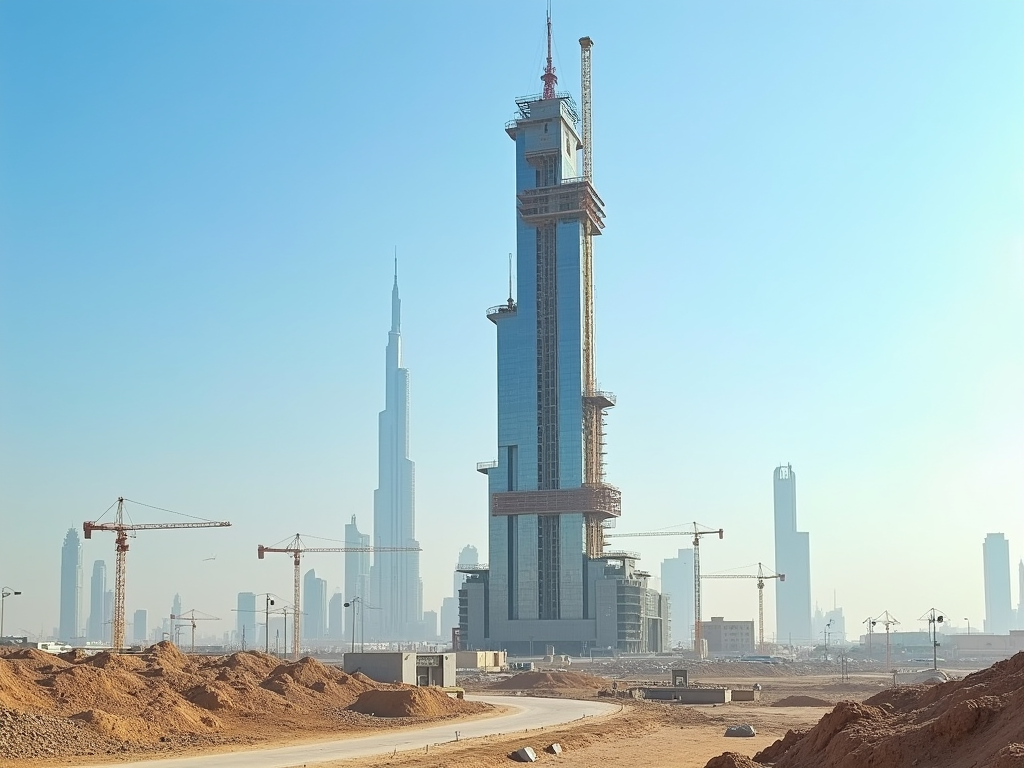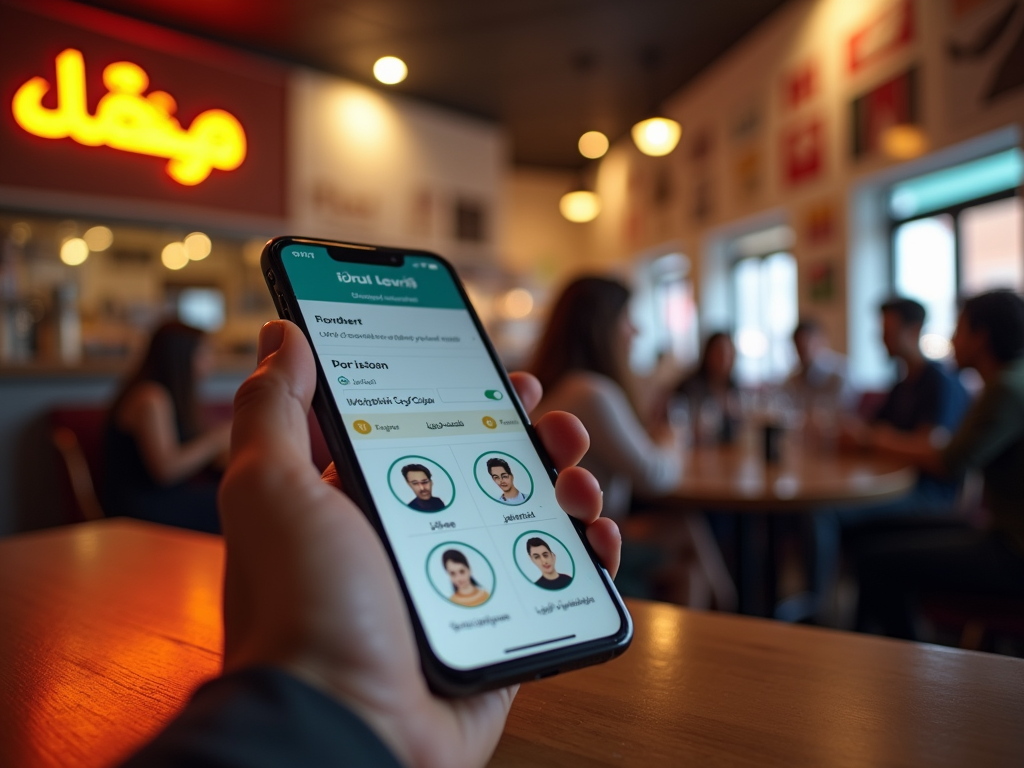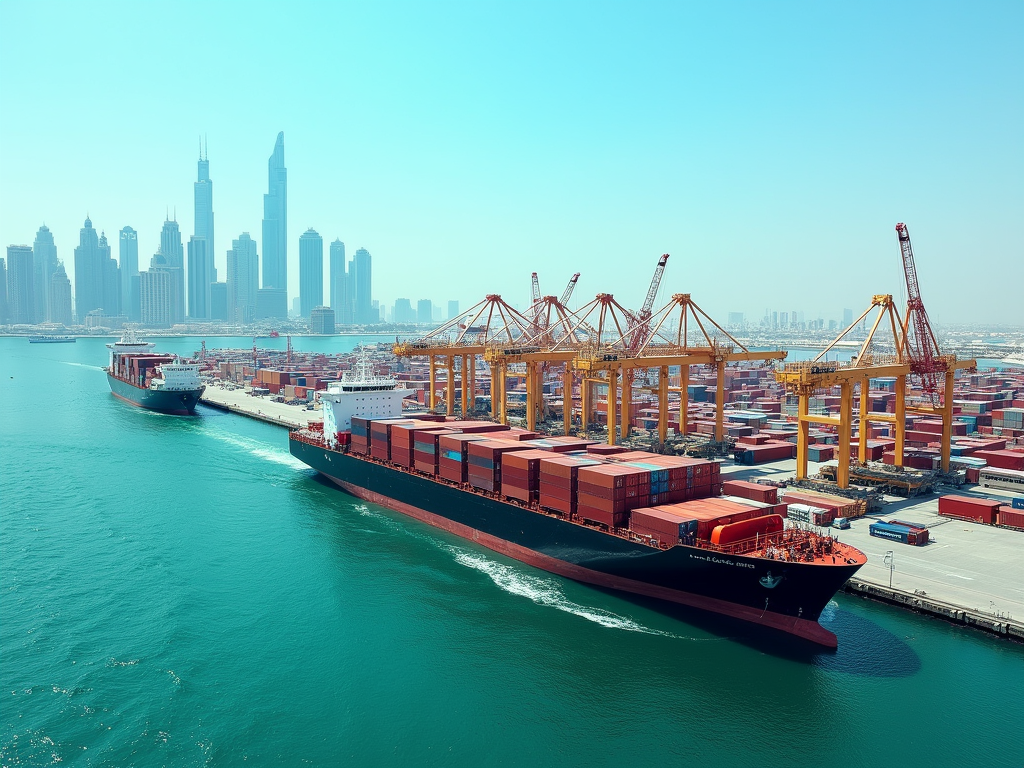Opportunities in Dubai’s Telecommunication Infrastructure

Dubai’s telecommunication infrastructure presents a wealth of opportunities for businesses and investors looking to tap into a rapidly evolving digital landscape. The UAE has made significant investments in its telecom sector, ensuring high-speed internet, mobile connectivity, and advanced technologies. As a result, there are numerous avenues for growth, collaboration, and innovation in this dynamic market. This article will explore the various opportunities within Dubai’s telecommunication infrastructure, focusing on emerging trends, technology advancements, and potential partnerships.
Emerging Technologies Shaping the Telecom Landscape

The telecommunication sector in Dubai is undergoing a transformative phase driven by several emerging technologies. These innovations are not only enhancing service delivery but also creating new business models. The key technologies include:
- 5G Implementation: The rollout of 5G networks is revolutionizing connectivity, enabling faster data transfer, lower latency, and the ability to connect multiple devices simultaneously.
- IoT Integration: The Internet of Things (IoT) is becoming increasingly prevalent, providing opportunities for businesses to develop smart solutions for homes, cities, and industries.
- Cloud Computing: The shift towards cloud-based services is facilitating scalable solutions for businesses, offering flexibility and reducing operational costs.
- AI and Machine Learning: These technologies are being integrated into customer service and network management, providing insights that enhance user experience and streamline operations.
- Blockchain: This technology is proving useful in enhancing security and transparency within the telecom operations, and has potential applications in billing and customer identity verification.
Investment Opportunities in Infrastructure Development

As Dubai continues to grow as a global business hub, infrastructure development remains a priority. The government is actively seeking investments to enhance its telecommunication infrastructure. Here are several investment opportunities:
- Network Expansion: There is a strong demand for expanding telecommunication networks to underserved areas, providing opportunities for companies to invest in infrastructure projects.
- Data Centers: With the rise in digital services, investing in data center facilities can provide robust returns due to increased demand for cloud storage and processing capabilities.
- Telecom Towers: The establishment of telecom towers is essential for the growing mobile network, enabling investors to profit from leasing tower space to service providers.
- Fiber Optic Networks: Investing in the expansion of fiber optic cables enhances internet connectivity and supports the overall telecom ecosystem.
- Smart City Initiatives: Partnering with government initiatives aimed at building smart cities can provide investment opportunities in technologies and services that support urban living.
Regulatory Landscape and Support by Government
The government of Dubai has established a regulatory environment that encourages growth and innovation in the telecommunication sector. The Telecommunications and Digital Government Regulatory Authority (TDGRA) plays a pivotal role in creating frameworks that support both local and foreign investment. Important features of this supportive landscape include:
- Regulatory Flexibility: The TDGRA has shown a willingness to adapt regulations to foster innovation, especially concerning new technologies like 5G.
- Incentives for Investment: Various incentives, including tax breaks and simplified procedures for setting up telecommunication businesses, are available to attract investors.
- Encouragement of Public-Private Partnerships: The government promotes collaboration with private entities for infrastructure development, which opens doors for joint ventures.
- Focus on Cybersecurity: With increasing digital interactions, there is a strong emphasis on cybersecurity, leading to opportunities in security services and technology solutions.
Strategic partnerships are fundamental in leveraging opportunities within Dubai’s telecommunications sector. Collaborating with local companies can significantly enhance market entry strategies. Opportunities for partnerships include:
- Technology Providers: Teaming up with technology providers can help telecom companies enhance service delivery and customer experience.
- Content Providers: Collaborating with content providers can enrich services, offering bundled solutions that attract a broader audience.
- Academic Institutions: Partnerships with universities can facilitate research and innovation, aligning educational programs with industry needs.
- Government Entities: Working alongside government bodies can ensure compliance and align business objectives with national strategies.
Conclusion
Dubai’s telecommunication infrastructure is ripe with opportunities, fueled by technological advancements, government support, and the dynamic nature of the market. Investors and businesses can capitalize on the demand for superior connectivity, innovative technology, and comprehensive solutions. The landscape continues to evolve, presenting multiple avenues for collaboration and growth, ensuring that Dubai remains a leading player on the global telecommunications stage.
Frequently Asked Questions
1. What role does 5G play in Dubai’s telecommunication opportunities?
5G technology enables faster and more reliable connectivity, which fuels advancements in IoT, autonomous systems, and smart city initiatives, creating numerous business opportunities.
2. How can foreign investors benefit from Dubai’s telecom sector?
Foreign investors can benefit from Dubai’s favorable regulatory environment, incentives provided by the government, and the high demand for advanced telecommunication services.
3. What types of partnerships are beneficial in the telecom industry?
Partnerships with technology providers, content creators, academic institutions, and government agencies can enhance service offerings and leverage local market knowledge.
4. What is the significance of data centers in Dubai’s telecom landscape?
Data centers play a crucial role in supporting cloud services and data storage needs, thereby contributing to the overall growth of digital services in the region.
5. Are there opportunities for small businesses in Dubai’s telecom sector?
Yes, small businesses can find opportunities in niche markets, offering specialized services, cybersecurity solutions, or innovative technologies that complement existing telecommunication networks.
























